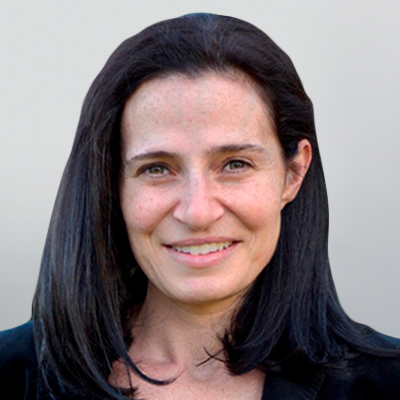Daily Discoveries
As Global Medical Affairs Lead, Viral Vaccines at Pfizer, Dr. Yasmeen Agosti researches a little-known—yet highly contagious, and in some cases fatal—disease called respiratory syncytial virus (RSV).
Across the world, RSV affects 33 million children globally and leads to approximately 120,000 childhood deaths every year. More than 90% of all RSV-associated deaths occur in low- and middle-income countries, and the World Health Organization has indicated that the development of an RSV vaccine is a high priority. In the United States, approximately 177,000older adults are hospitalized annually because of RSV. More challenging, once a person contracts RSV, physicians have very few treatment options except oxygen and hydration support.
Dr. Agosti is part of a team working to develop a maternal vaccine that, if successful in clinical trials and approved by regulatory agencies, would be delivered to mothers during pregnancy to help provide protection against RSV from day-one of life. Because RSV is the most frequent cause of serious respiratory tract infection in infants and young children, such a vaccine, if approved, could significantly alter the trajectory of this disease.

